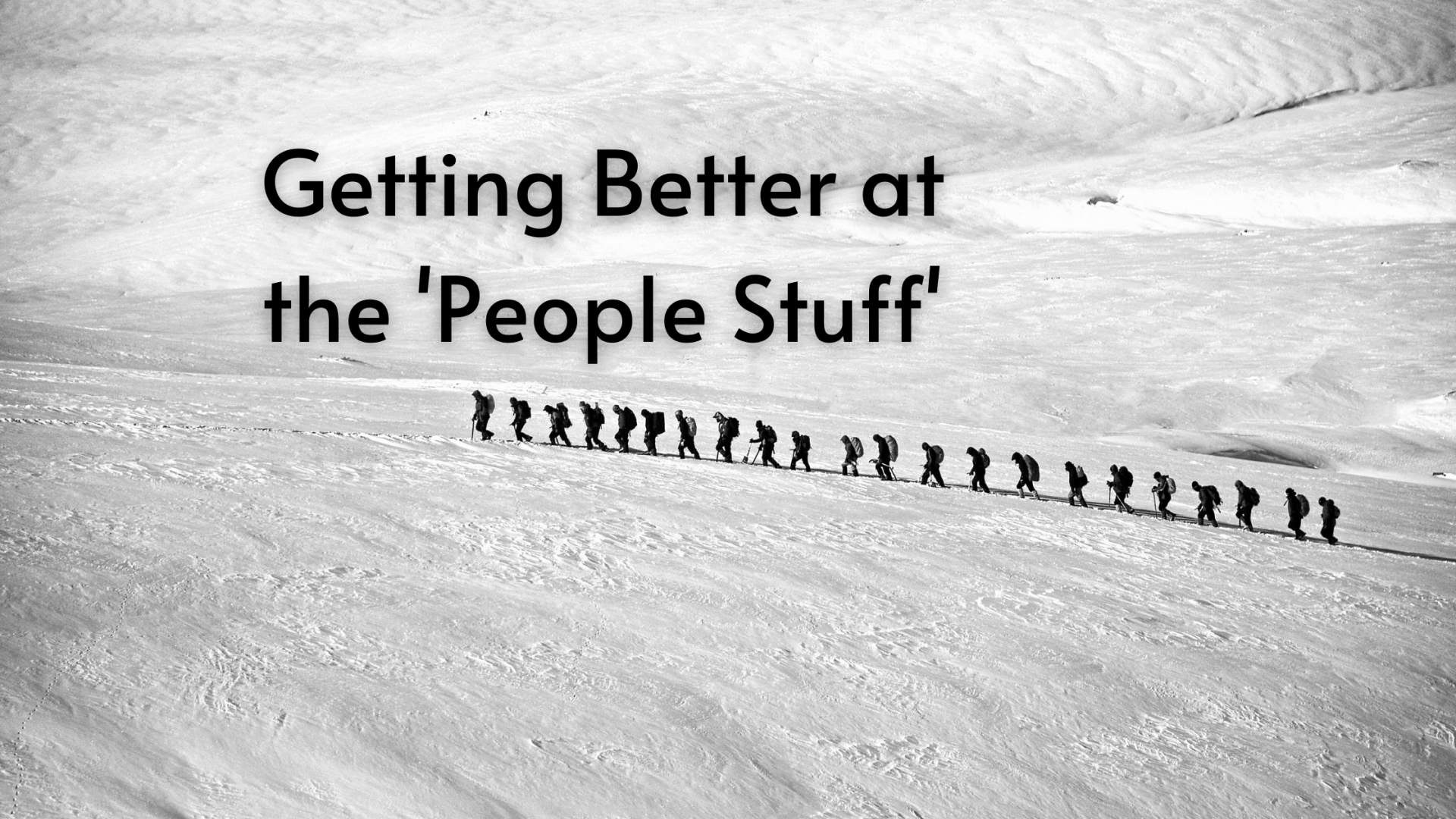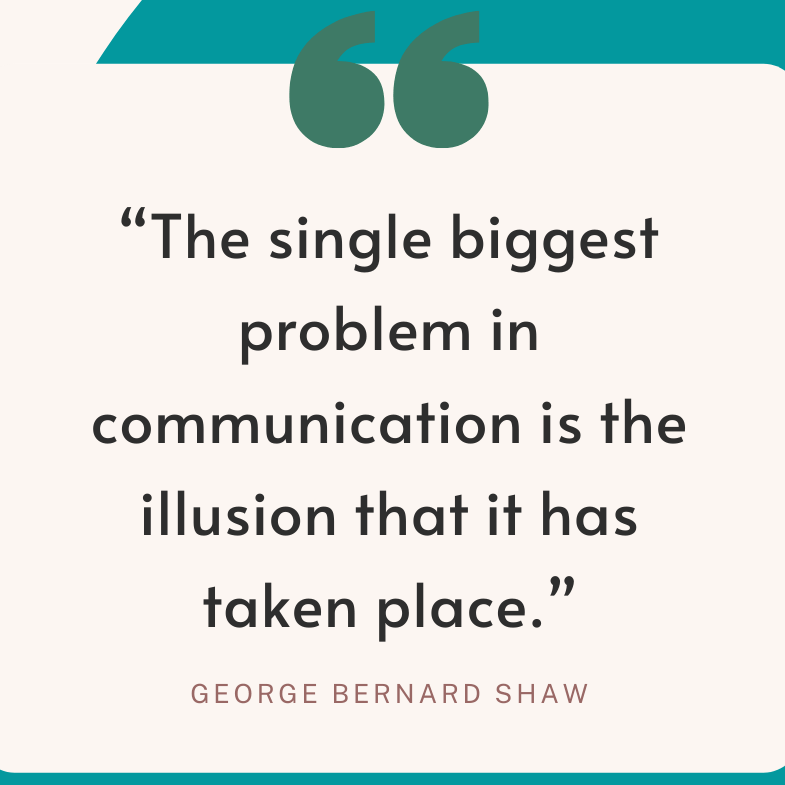Getting Better at the 'People Stuff'
A guide to the benefits and the process of conflict coaching
A very well-liked manager was talking to me about the support she provides her staff. Support that clearly extends beyond her job description! It was clear that she saw potential in people that others had not realised, and she wanted to help them achieve that through encouragement, praise and, sometimes, challenge. The results were clear – she was respected and listened to, and her people became more confident in their work roles, their personal lives, and relationships. We discussed that the vast contribution towards this positive result was the focussed, one-to-one coaching that she regularly did with them – though it was not formally described as such.
Coaching is a conversation between individuals, where one person inspires reflection and clarity in the other. It has become an especially popular profession in the last few years. The ‘not-quite-requiring-counselling’ side of people are drawn to those who can help them gain clarity on various elements of their lives: career change, money, business development, life purpose, confidence, relationships or communication.
Conflict coaching encompasses the last three: confidence, relationships, and communication . As I said to one client the other day, “Essentially as a ‘conflict coach’ I teach people how to talk to each other effectively” . I say ‘effectively’ because us complicated beings often find it difficult to get people to listen to us, understand us or not be offended by what we say.
I do not teach people how to be better at performing tasks, nor do I give advice on matters which I am not a specialist in. That would not benefit their lives, nor my professional reputation. In fact, advice does not really come into it.
Conflict coaching increases:
- Confidence – Many people either rush into delicate conversations or avoid them, or are surprised by the outcome of them, because they are unsure on the most effective approach. Once they are given these tools, they are more confident at having difficult, but essential, conversations – and doing them well!
- Relationship skills – Issues in relationships often come down to concerns over trust, communication or understanding the other person. Once these foundations are strengthened, it overflows into other areas of the relationship.
- Communication skills – When there are communication challenges between people it is often due to: having different ways of working or communicating, listening skills not being in place, or unresolved issues impacting present interactions.
As an accredited workplace mediator, I was already trained in having conversations with people to facilitate understanding, feedback, and reflection. My input encourages individuals to move forward in a positive direction, once they have the clarity to know what they need and what is possible to achieve.
A coach’s purpose is not to judge and direct them towards their own idea of a ‘good outcome’. Great coaches ask pertinent questions that allow for self-reflection and they listen. A great coach is someone’s personal cheerleader and accountability provider.
So, who would benefit from conflict coaching? Quite simply… Anyone who wants to get better at communicating! More specifically, the individuals who often benefit from conflict coaching are those in managerial or customer-facing roles. Senior management tend to find it helpful to have someone from outside their organisation with whom they can be completely open and honest with about the communication or relationship challenges they are having at work or home. Coaching is completely confidential, so there is no concern that the information may get back to someone higher up in the organisation or that it might impact their professional reputation.
The hardest part of most people’s job (or life!) is figuring out the ‘people’ bit. Wanting a conflict coach goes hand-in-hand with wanting to develop and grow as an individual. Most people who want to do conflict coaching are actually pretty effective in their role. They may also have great relationships or use effective methods of communication with many people in their personal or working life. However, there may be one or two people that they find it challenging to have positive interactions with. Or maybe they struggle to tackle difficult conversations – especially when they are not giving ‘good news’ or are providing critical feedback.
Most conflict coaches have a background in resolving conflict or disputes, and so they will be able to use that experience, their processes to getting to a solution, and their ‘toolkit’ to understand what might be blocking someone from communicating effectively. It may be that some coaching on ‘assertive communication’ would be beneficial, or maybe – insert, almost always! – a greater level of self-awareness would improve how they perceive their own behaviours, and others too.
Why do people become coaches? It is SO rewarding to see people see themselves and others in a new way. To see people’s relationships flourish – especially those that were experiencing real challenges. It is incredibly purposeful to watch someone’s confidence increase, and to see their communication skills mature and develop.
If you would like to know any more about coaching, conflict resolution or training for you or for others in your organisation, please email enquiries@mosaicmediation.co.uk or use the Contact page.












